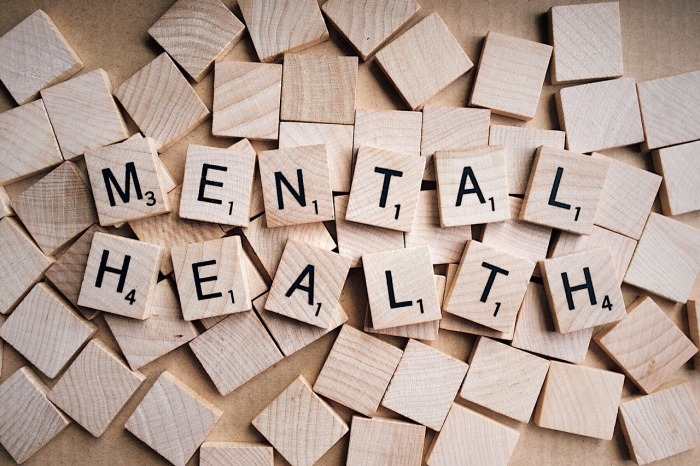
There’s no sense in denying the stigma that is associated with mental illness. People who have a mental disorder should always seek out treatment in order to learn how to deal with the disorder, but unfortunately, they oftentimes feel shame for needing to seek help in the first place. This could be the reason why nearly 60% of people with a mental illness did not reach out to medical professionals this past year in order to deal with their disorder.
The Impact of Mental Health Stigma
Because this social stigma exists, those who are showing symptoms of a mental health disorder are less likely to reach out and receive proper care. For the individual, the result of stigma can be that they both suffer from the mental illness without care and also feel guilt for having a mental illness at all. Unlike illnesses of the body, illness of the mind is judged harshly for being the person’s fault and that they just need to change their thinking, instead of it being the fault of the illness or disorder that they suffer from.
Challenging the Stigma
If you want to challenge the stigma in your own life, always be willing to listen to others around you. Become and stay informed on the challenges that exist for those that have a mental illness and keep an open mind if someone should come to you for help. Never react harshly to someone that is struggling with a mental illness because they can’t just fix this themselves. If you are currently dealing with a mental illness, know that it’s not your fault and reach out to someone you trust and find a professional to help you deal with it.
Knowing the Numbers
Mental illnesses take many forms and can arise seemingly out of nowhere. They can be a chemical imbalance, reaction to an event, or hereditary and can be affected by virtually anyone on the planet. According to a recent study, scientists revealed that if you never experience some sort of mental illness by the time you’re in your 30s, you are actually in the minority. Mental illness is a lot more prevalent than previously thought, and if you feel like you’re suffering, you’re most assuredly not alone.
Free Yourself From Prejudices
When it comes to mental illness, prejudices exist in many forms. People believe that those with mental illness often turn to violence, are primarily one race, or that they will act a certain way. Mental illness affects every race, gender, ethnicity, social class, and age. It can be affecting those that seem to be happy everyday and might not be affecting those that may seem depressed.
Published by Herrick Lipton | New York City
Herrick Lipton, the CEO of New Horizon Counseling Center, believes that behavioral health is the focal point of healthcare. Ensuring emotional and mental stability is not only vitally important in its own merit, but it also keeps people from neglecting or abusing their physical health. Providing tools for behavioral health means providing the foundation for a long, healthy life.
Ever since Herrick Lipton got involved in NHCC as a teenager, he has focused on not only removing the stigmas surrounding behavioral healthcare, but improving options and ease of access for thousands of clients every year. Herrick was the administrative and financial director of NHCC for many years and has always made it his mission to listen to the needs of his local community. For example, in August of 2014, Herrick worked with local government officials to strategically approach the opening of Howard Beach Outpatient Clinic: what would improve its outreach and overall status as a local resource? The answer was all in the location. Moving out of a nondescript building into an accessible storefront model helped remove the clinic’s stigma and make its purpose more clear to people who might need it.
Herrick Lipton works within numerous aspects of behavioral health through his role at NHCC, including developmental disabilities, Alzheimer’s and elder care, alcohol and substance abuse, and mental illnesses in children, adolescents, and adults. One of his first realizations after becoming CEO of NHCC was the need for diversification; every behavioral health issue has its own unique set of needs, so every issue should have its own targeted program. That’s why Herrick works on not only revamping existing programs, but creating new ones that more directly help patients.
As we move toward integrated healthcare delivery systems across the board, Herrick is working to make behavioral healthcare a key component. From better outreach (NHCC has grown from 800 to 6,000 clients under Herrick’s watch) to simply encouraging people to take the first step, Herrick Lipton is constantly trying to share education and awareness about the importance of behavioral healthcare.
Herrick has managed to make NHCC thrive in a time where many behavioral health organizations unfortunately fold under mismanagement or lack of funding. His executive direction has resulted in license renewals, massive grants, and governmental citations, all of which point to a bright future not just for NHCC, but for thousands of patients in the New York area.
View all posts by Herrick Lipton | New York City

